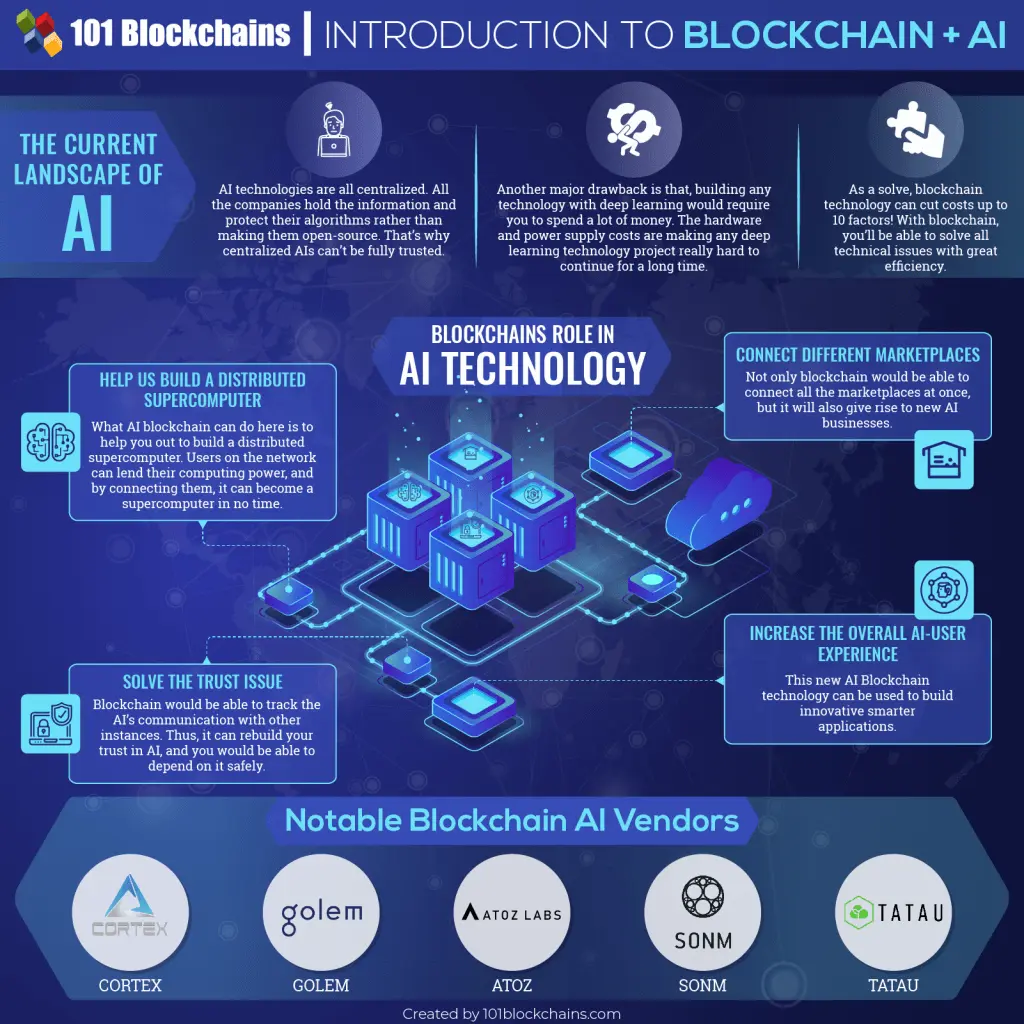Unlocking the Future: How Blockchain Technology is Revolutionizing Our World
Unlocking the Future: How Blockchain Technology is Revolutionizing Our World
Blog Article

In recent years, blockchain technology has emerged as one of the most transformative innovations of our time, capturing the attention of industries, governments, and individuals alike. At its core, blockchain is a decentralized digital ledger that securely records transactions across multiple computers, ensuring that the data remains transparent, immutable, and accessible. This breakthrough technology is not just limited to copyright; its applications extend far beyond, touching various sectors such as finance, supply chain management, healthcare, and even voting systems.
As we stand at the cusp of a digital revolution, the potential of blockchain to disrupt traditional processes and enhance efficiency is undeniable. By eliminating intermediaries and fostering trust among participants in a network, blockchain creates opportunities for enhanced security and transparency. As organizations and innovators continue to explore its capabilities, it's clear that blockchain technology is not merely a passing trend but a foundational change that has the power to reshape the way we interact, transact, and operate in a connected world.
Understanding Blockchain Technology
Blockchain technology is a decentralized digital ledger that records transactions across multiple computers in such a way that the registered transactions cannot be altered retroactively. This innovative technology ensures transparency and security, making it a robust solution for various applications beyond just cryptocurrencies. Each block in the blockchain contains a list of transactions, a timestamp, and a cryptographic link to the previous block, forming a chain that is nearly impossible to tamper with.
Funded Account
The decentralized nature of blockchain eliminates the need for a central authority, allowing users to interact directly with one another. This peer-to-peer network enhances trust among participants since all transactions are verified by consensus before being added to the ledger. Furthermore, once a block is added, changing the data within it would require a majority of the network to agree, which adds a layer of security that traditional databases lack.
Blockchain technology has far-reaching implications for different industries, from finance and supply chain management to healthcare and voting systems. By ensuring data integrity and enabling secure, transparent transactions, blockchain has the potential to revolutionize how we store, share, and verify information in our increasingly digital world. As businesses and governments begin to recognize its benefits, the adoption of blockchain technology is expected to grow, paving the way for new innovations and efficiencies.
Applications of Blockchain
Blockchain technology has found applications in various sectors, fundamentally transforming how businesses operate. One of the most prominent areas is finance, where blockchain enables secure and transparent transactions without the need for intermediaries like banks. This has led to the rise of cryptocurrencies and decentralized finance platforms, allowing users to manage their own assets and conduct transactions globally at lower costs. The instant settlement of transactions reduces the risk of fraud and enhances trust among users.
Another significant application is in supply chain management. Blockchain provides a tamper-proof ledger that tracks the journey of products from origin to consumer. This transparency not only improves the efficiency of logistics but also assures consumers of the authenticity and safety of the goods they purchase. Companies can quickly verify the source of ingredients in food products or confirm the ethical sourcing of materials in manufacturing, addressing concerns about sustainability and ethical practices.
Healthcare is also benefiting from the implementation of blockchain technology. By securely storing patient records on a distributed ledger, healthcare providers can ensure that sensitive data is protected from unauthorized access while still allowing for easy sharing among authorized parties. This facilitates better patient care through updated and accurate information, while also enhancing privacy and compliance with regulations. As more industries explore the potential of blockchain, its transformative power continues to gain recognition.
Challenges and Future Prospects
As blockchain technology continues to gain traction, several challenges must be addressed to ensure its successful implementation. Scalability is one of the primary issues, as many existing blockchain networks struggle to handle a large volume of transactions efficiently. Current infrastructure may lead to slow processing times and high transaction fees, limiting the technology's practicality for widespread use. Overcoming these scalability hurdles is crucial for enabling broader adoption across various sectors.
Another significant challenge lies in regulatory and legal frameworks. Since blockchain technology operates in a decentralized manner, it often exists in a gray area concerning compliance and regulation. Governments and regulatory bodies are still trying to understand how to approach this emerging technology, which can lead to uncertainty for businesses and developers. Establishing clear regulations and guidelines will be essential for fostering innovation while protecting consumers and ensuring legal compliance.
Despite these obstacles, the future prospects of blockchain technology remain bright. Industries across the globe are exploring its potential to enhance transparency, security, and efficiency. As research and development continue, innovative solutions are likely to emerge, addressing current challenges and expanding the applications of blockchain. From supply chain management to voting systems, the versatility of this technology suggests that its impact will be profound and far-reaching in the years to come.
Report this page